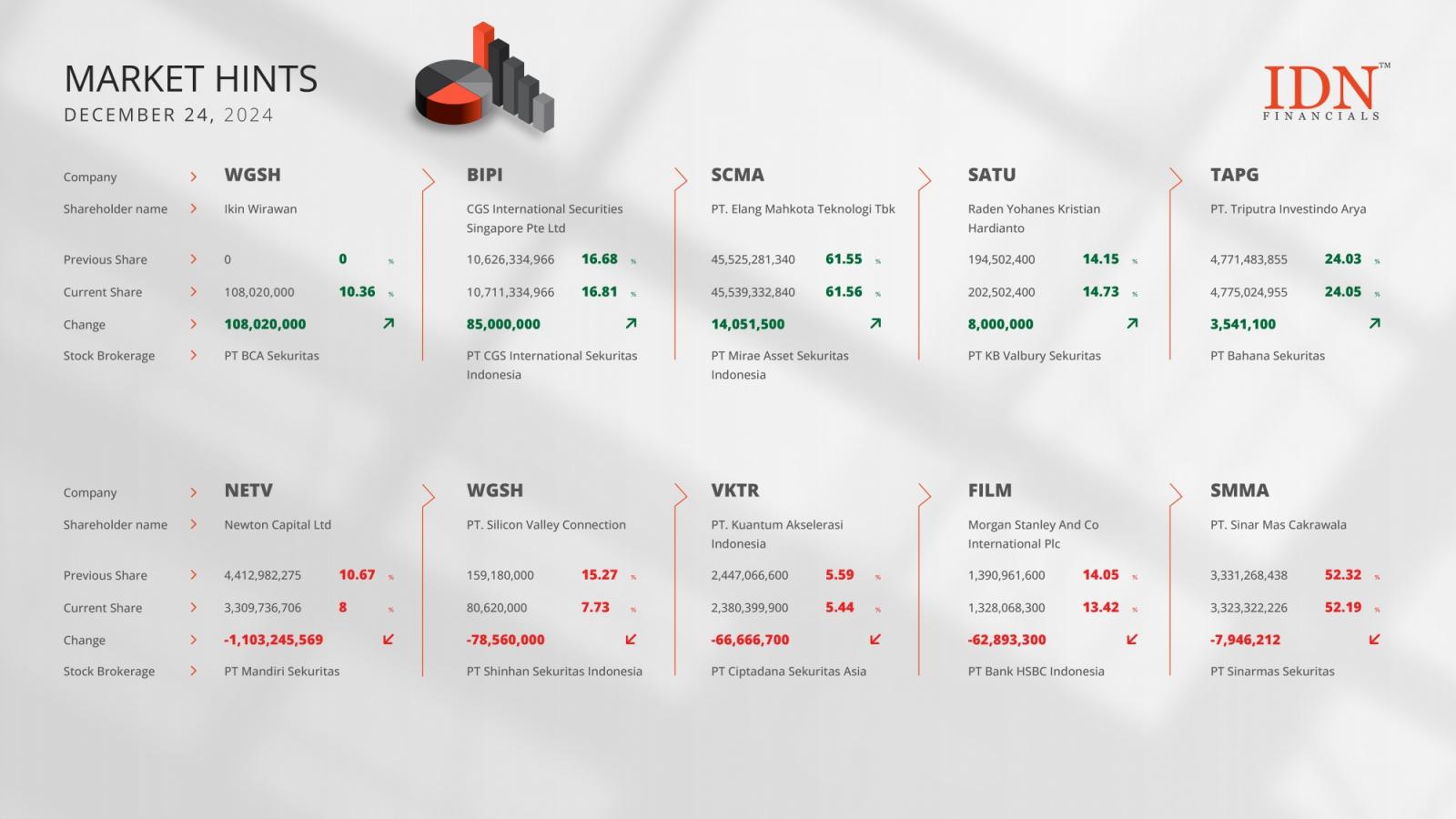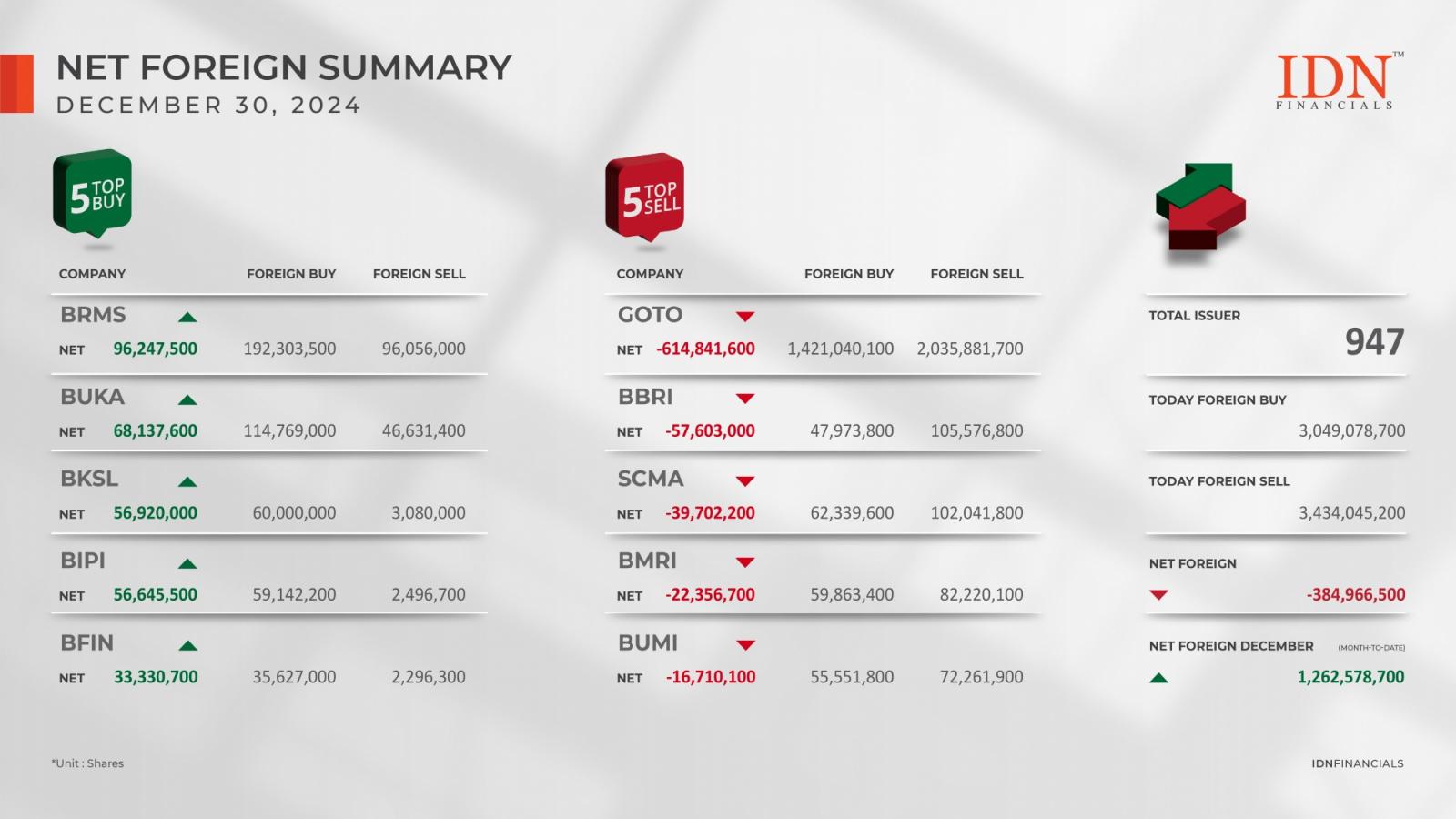South Korea is preparing to impose a supervisory fee for crypto operators in the country, based on their operating revenue.
The Financial Services Commission (FSC) of South Korea implemented the ‘Virtual Asset User Protection Act,‘ effective July 19. Under the legislation, South Korean crypto exchanges are required to pay a regulatory share of around 300 million won ($220,240).
Per a local report, regulated exchanges – Upbit, Bithumb, Coinone, and Gopax – are required to comply with the supervisory contributions.
The FSC announced on Thursday, that crypto operators will have to pay a supervisory fee for inspections by the regulator. The announcement was a part of the revised ‘Enforcement Decree of the Act on the Establishment of the Financial Services Commission’ and the revised ‘Regulations on the Collection of Financial Institution Contributions.’
The revised Virtual Asset User Protection Act has included crypto exchanges in the FSC’s inspection target. Further, the proposal noted that the regulatory contributions are based on exchange’s operating revenue of the previous fiscal year.
Korbit is excluded in the supervisory fee target, since its operating revenue last year was approximately 1.7 billion won.
“The related organization has already been formed and costs are being incurred, so it is necessary to impose a supervisory share,” an official from the FSC noted.
Supervisory Fee is a Quasi Tax-Like Fee
The contributions from the virtual asset operators to the FSC are similar to quasi-taxes paid by financial institutions. The fees are subject to the regulator’s inspection in exchange for the regulator’s supervision and services, the report added.
Additionally, the inspections from the FSC are expected to begin immediately due to the enforcement of the Virtual Asset User Protection Act. As a result, the crypto operators’ supervisory fee is not likely to be delayed.
The new regulatory contributions would impact exchanges like Coinone and Gopax, that are continuing to suffer operating losses.





